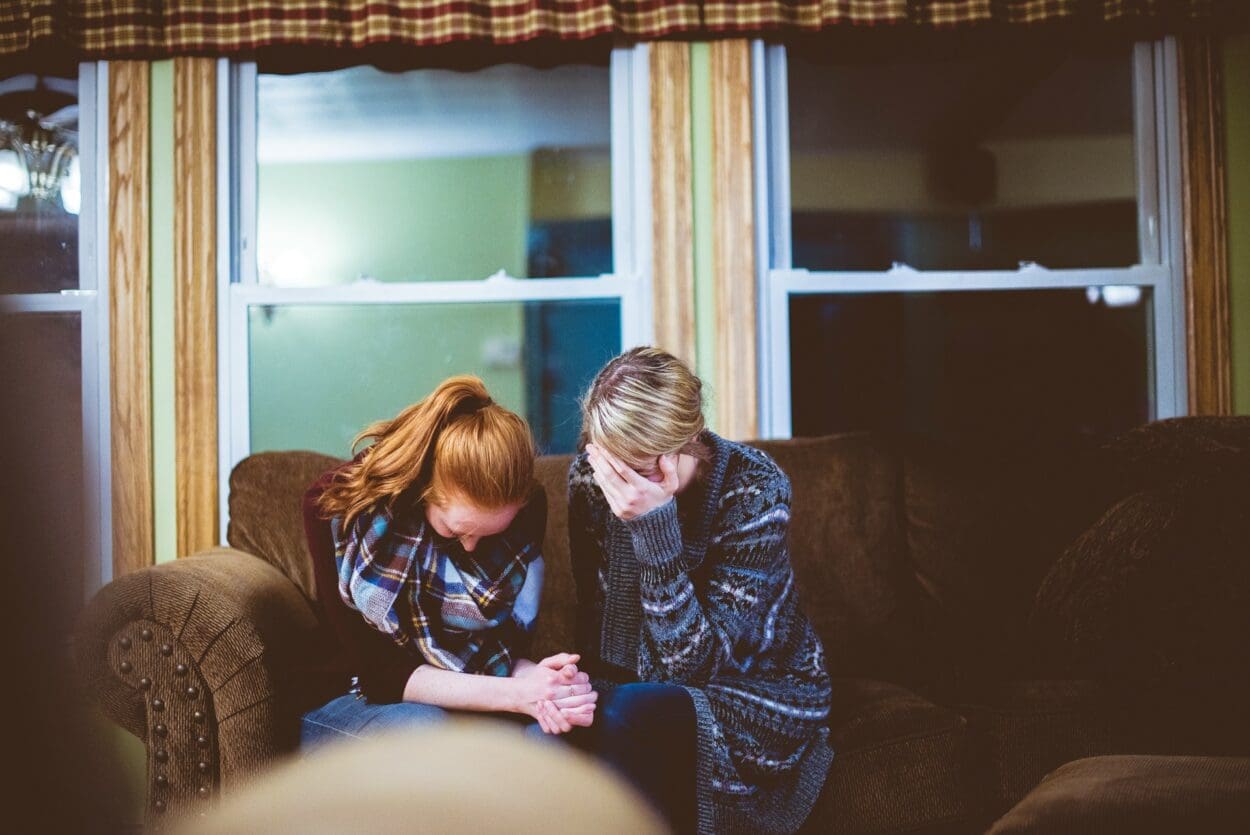The estrangement between parents and children happens due to several reasons and can range from mistreatment/abuse, disagreements about the past, traumatic experiences or incompatible views. This can be from either the parents or the children. Parents can estrange themselves from their children due to the same reasons a child would. All of these reasons are valid, of course, but that does not necessarily mean that there is no hope for reconciliation with some work and communication between each other.
There is a line to be drawn between toxic behaviors that force the need to distance themselves from their loved one, and those who should try to effectively communicate with them to help create a new narrative within the relationship. Some of the reasons that one should likely continue to remain distant from their parents is when there is ‘intimate terrorism’, such as giving ultimatums for their choices –
“If you do this/see this person/don’t do as I say, you will lose me forever”.
On the other hand, some find themselves overly concerned genuinely and compassionately and find themselves trying to help more than necessary, or offering unsolicited advice which leads to the child wanting to create more defined boundaries. Estranging from a loved one due to this reason isn’t entirely necessary as it can be worked with by communicating the feelings of being smothered and asking for some boundaries to be respected.
How do you know if there is hope for reconciliation?
If there’s a window for communicating problems and solving them, this is a great indicator that things can be fixed.
One of the key factors to maintaining any relationship is effective communication – without it, there are going to be unspoken needs met (including respecting boundaries), which often leads to blow-outs later on between people. Let’s say a child has estranged themselves from a parent because they don’t feel like their boundaries are being respected. If a parent is hoping to reconcile and develop a positive relationship again with their child, one of the first things to do is open a window of empathetic listening to ensure that their child can speak freely without judgment. They need to actively listen to what their children are saying, reflect on them, and offer solutions on how the situation could be handled better moving forward. This works both ways such as the parent being the one seeking more respectful behavior from the child they have estranged themselves from.
How do you know if there is no hope for reconciliation?
When a seriously toxic behavior is shown by a loved one, such as giving ultimatums, constantly being judgemental of their choices, being overly critical and there appears to be no ability to share their views to change those behaviors, it is unlikely that there will be any reconciliation between the two. When someone stonewalls when they are being told that they are behaving poorly towards another person, and refuses to make important changes to improve the relationship, there is little chance that there will be the ability to improve the relationship again.
The bottom line:
Reconciliation between estranged parents and children is entirely possible, provided that the reason for estrangement is due to issues that can be fixed like communication, effective listening, being open to changing toxic behaviors and giving freedom to make their own choices. If the estranged party can recognize that there are issues that need to be fixed by developing better skills in communicating and being able to respect boundaries set by the child, there is hope for reconciliation. The one who wishes to reconcile with their loved one should reflect on some of the reasons their loved one has distanced themselves in the first place and begin to work on the reasons they felt that it was necessary, to come back to a place where they can have mutual respect towards one another that can last for years to come.

Hello! I’m Jessica, a mental health advocate and support worker from British Columbia, Canada, with a decade of experience in the field. My work spans substance abuse care and mental health, where I strive to foster safe spaces for sharing and healing. I specialize in addiction, anxiety, trauma, and grief, believing that with empathy, compassion, and community support, we can guide each other through life’s darkest moments. Together, we’re never alone.







Leave a Comment